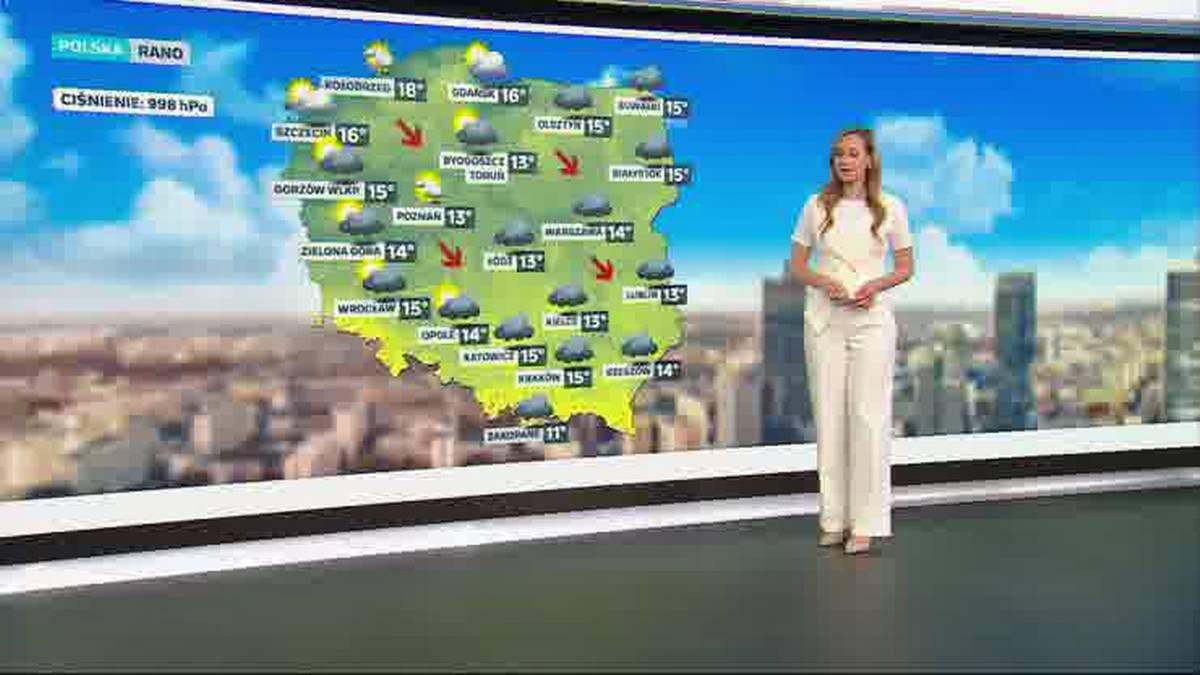Commemoration of the victims of the Volhynia massacre. Ceremonies across the country

Commemorations commemorating the victims of the Volhynian Massacre – the genocide perpetrated by the OUN-UPA in the Eastern Borderlands of the Second Polish Republic – will be held across the country. President-elect Karol Nawrocki plans to participate in the commemorations organized by the upcoming Museum of Remembrance of the Victims of the Volhynian Massacre in Chełm.
In Warsaw, the Office for War Veterans and Victims of Oppression is organizing the celebration of the new national holiday, with participation from Deputy Prime Minister and Minister of National Defense Władysław Kosiniak-Kamysz , among others. The ceremonies will begin at 10 a.m. with a Mass at the Field Cathedral of the Polish Army dedicated to the victims of the genocide in the Borderlands and to the fallen, deceased, and living soldiers of the 27th Volhynian Infantry Division of the Home Army.
SEE: Volhynia on the agenda of Tusk-Zełenski talks. "We will solve the problem"
At 12:00 noon, a memorial service will be held, including a wreath-laying ceremony, at the Monument to the Victims of Genocide in Volhynia Square. At 1:30 PM, participants will pay tribute to the victims of the genocide at the Monument to the 27th Volhynian Infantry Division of the Home Army in the same square.
Masses and celebrations are planned in many places across the country.
Karol Nawrocki will take part in the celebrations in ChełmThe ceremonies in Chełm will begin with Mass at the Basilica of the Nativity of the Blessed Virgin Mary at 7 p.m., after which participants will proceed to the site of the future Volhynia Massacre Victims Memorial Museum . President-elect Karol Nawrocki is expected to attend the commemorations.
Representatives of the Chełm local government will sign documents constituting the basis for announcing a tender for the modernization of buildings intended for the museum's operations .
SEE: First post-election interview. Karol Nawrocki reveals the names of his collaborators.
The 3rd Volhynia Victims' Remembrance Run will take place on Saturday; a presentation of the book "Records of refugees from Volhynia staying in the municipal commune of Chełm. Critical edition of the 1943 document" by Edward Gigilewicz, Leon Popek, and Paweł Skrok is also planned.
On Sunday, the ceremony at the Volhynian Pieta monument in Chełm is organized by the local "Memory and Hope" Association.
Museum of the Victims of the Volhynian Massacre. "Poland needs this museum"The creation of the Volhynia Massacre Victims Memorial Museum began in 2020. The city government, thanks to a grant of approximately PLN 4 million from the Prime Minister's reserve, purchased the complex of former tsarist buildings on Hrubieszowska Street in 2022. The cost of establishing the facility was estimated at PLN 180 million , of which PLN 162 million was to be a grant from the Ministry of Culture and National Heritage (MKiD). The city committed to preparing the project's concept and technical documentation. The remaining investment was to be implemented by the Ministry of Culture.
The agreement was signed in November 2023, but the ministry terminated it in January 2024 because, as the ministry explained, the budget lacked adequate funds to meet multi-million obligations. Chełm has filed a lawsuit in this matter; a hearing date has not yet been set.
During his presidential campaign , Karol Nawrocki , during one of his visits to Chełm, said that the Volhynia Massacre Victims Memorial Museum was essential to developing truth-based relations with Ukraine. " Poland needs this museum and this place to build awareness of the truth about the behavior of Ukrainian nationalists, but also to prevent us from forgetting the over 120,000 victims of those who came before us," he argued.
July 11 declared the Day of Remembrance of the Victims of GenocideIn June, the Sejm, at the initiative of the Polish People's Party (PSL), passed a law establishing July 11 as the National Day of Remembrance for the Victims of Genocide perpetrated by Ukrainian nationalists against citizens of the Second Polish Republic . President Andrzej Duda signed it in early July.
The Day of Remembrance for the Poles, Victims of the Volhynia Massacres, is observed on the anniversary of Bloody Sunday – July 11, 1943. On that day (and the following day), the Ukrainian Insurgent Army launched a coordinated attack on Poles in 150 towns in the Volodymyr, Horokhiv, Kovel, and Lutsk counties. According to researchers , approximately 8,000 Poles may have perished on July 11 alone, shot or killed with axes, pitchforks, and knives. This was the culmination of the murders carried out from February 1943 to the spring of 1945.
According to estimates, in total, during this period in Volhynia and Eastern Galicia, UPA units and the local Ukrainian population murdered about 100,000 Poles . The Volhynian massacre resulted in Polish retaliation, which resulted in the deaths of 10,000-12,000 Ukrainians - including 3,000-5,000 in Volhynia and Eastern Galicia.
Poland and Ukraine differ in their memories of the role of the Organization of Ukrainian Nationalists and the Ukrainian Insurgent Army, which committed ethnic cleansing of Poles between 1943 and 1945. While Poles viewed this as genocide (mass and organized), Ukrainians viewed it as the result of a symmetrical armed conflict for which both sides were equally responsible. Furthermore, many Ukrainians, due to their postwar resistance to the USSR, perceive the OUN and UPA as anti-Soviet, not anti-Polish, organizations.

polsatnews




![Tech-Project Futsal Team Jarosław is the vice-champion of Podkarpacie [PHOTOS]](/_next/image?url=https%3A%2F%2Fzycie.pl%2Fstatic%2Ffiles%2Fgallery%2F561%2F1739535_1751959797.webp&w=1280&q=100)